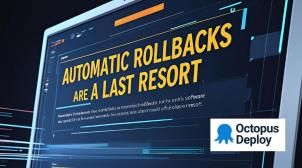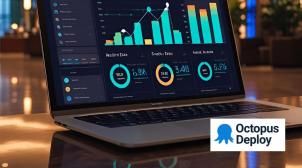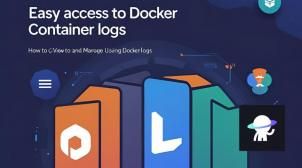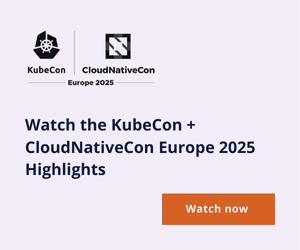-
Why Policy as Code is a Game Changer for Platform Engineer
Platform engineers, revolutionize your game! Discover why Policy as Code (PaC) is the ultimate game-changer for building scalable, secure, and efficient internal developer platforms. Learn how PaC empowers developers with faster feedback, ensures secure self-service, automates governance, and fortifies your security posture effortlessly.
-
Automatic Rollbacks are a Last Resort
Automatic rollbacks might sound like a safe fallback for failed deployments, but modern software delivery tells a different story. This article explores why human-driven resilience, Continuous Delivery, and progressive delivery strategies are far more effective. Learn how deploying in small batches, using canary or blue/green strategies, and leveraging feature flags can help you respond smarter—and faster—when things go wrong.
-
10 Reasons Why Kubernetes Users Choose Kyverno Over OPA/Gatekeeper
Tired of complex Kubernetes policy enforcement? Discover 10 compelling reasons why Kyverno, the Kubernetes-native alternative, is outperforming OPA/Gatekeeper. Learn how its simplified YAML policies, powerful mutation, and built-in generation capabilities empower DevOps for effortless security and compliance.
-
Beyond skeleton pipelines: who owns your software pipeline?
Are your "skeleton pipelines" secretly killing your velocity? Discover the hidden cost of an "ownership vacuum" in software delivery, wasting precious dev hours. Learn why treating pipelines as a product, not an afterthought, is crucial for improving efficiency, reducing technical debt, and making every deployment a smooth success.
-
Guestline Saves 2,000 Hours Per Release Using Tenants in Octopus Cloud
Guestline transformed a 20-year-old manual deployment process for its EPOS software by adopting Octopus Deploy. With Octopus Cloud and tenanted deployments, Guestline automated updates to over 800 hotel customers, saving thousands of hours and significantly improving consistency and speed. The team now delivers updates twice a month, enhancing customer experience and enabling faster cloud adoption across its global footprint.
-
Recruit Wizard scaled and moved to daily deployments with Octopus Cloud
Recruit Wizard transformed its software delivery by adopting Octopus Deploy for full deployment automation across Kubernetes and virtual machines. Moving from quarterly to daily deployments, the team now uses Config as Code and Runbooks to streamline releases, reduce errors, and empower non-engineering staff to run operational tasks independently. With Octopus Cloud, they’ve modernized and scaled their deployments while staying focused on growth and innovation in recruitment software.
-
Beyond Traditional AppSec: Navigating the New Frontier of AI Security with Mend AI
Bar-El Tayouri of Mend AI shares why securing AI-driven apps demands new strategie and how to build an effective, future-ready AppSec program.
-
CloudBolt x StormForge: Why Automated FinOps Beats Human Effort
CloudBolt CTO Kyle Campos discusses ending FinOps dashboard overload with action-driven orchestration and how StormForge enhances Kubernetes optimization through real-time automation and smarter remediation.
-
Docker Container Logs: How to View & Manage
Easy access to Docker container logs is essential for effective development and debugging. This guide explores how to view and manage Docker logs using the docker logs command, Docker Compose, and Docker Desktop. It also covers where logs are stored, how to clear them, and best practices for centralized logging, log rotation, and structured output. Whether you're just starting with Docker or optimizing a production setup, this article will help you tailor container observability to your needs.
-
Achieving Sovereign AI with the JFrog Platform and NVIDIA Enterprise AI Factory
Unlock Sovereign AI! Discover how the powerful collaboration between JFrog and NVIDIA delivers secure, scalable, and compliant AI. Learn how they enable enterprises to build, manage, and deploy AI models from development to edge, ensuring full control over data, models, and infrastructure.
-
How JFrog Delivers Self-Service Cloud Environments for our Developers
Increasing operational efficiency, automation, and scalability are critical for success In today’s cloud-native development environments
-
Runtime is the real defense, not just posture
Traditional cloud security tools focus on static scans and misconfiguration checks, but they can’t keep up with today’s fast-moving threats. This article explores why runtime security — real-time monitoring and automated response — is essential for protecting dynamic cloud-native environments. Learn how shifting to a runtime-first strategy enables faster detection, proactive defense, and true resilience in the cloud.
Filter & Sort



















